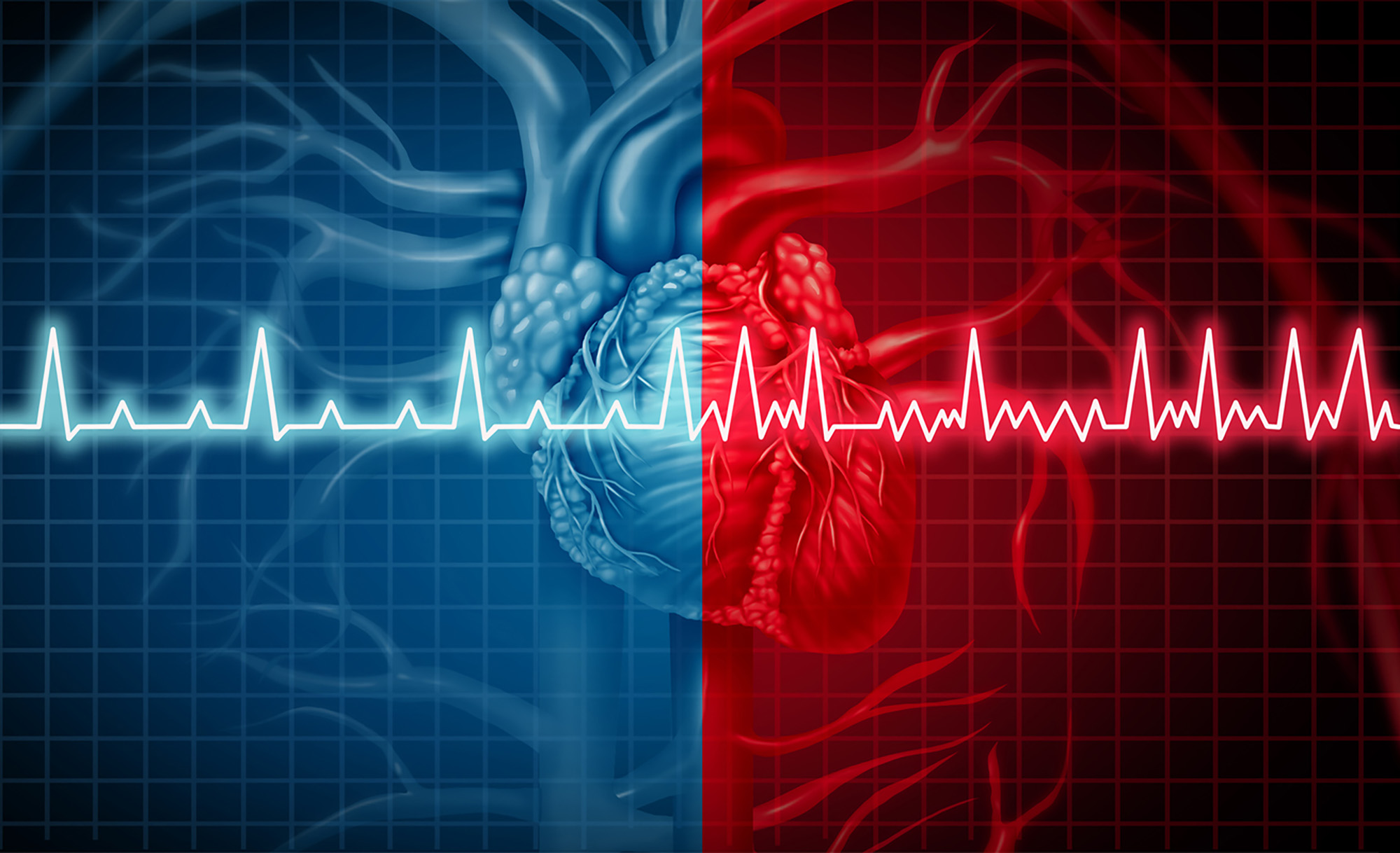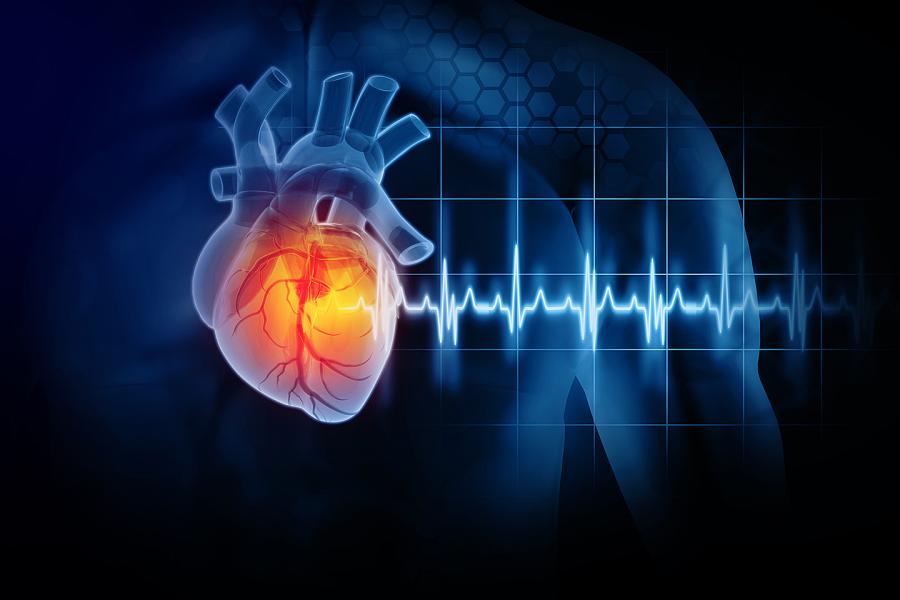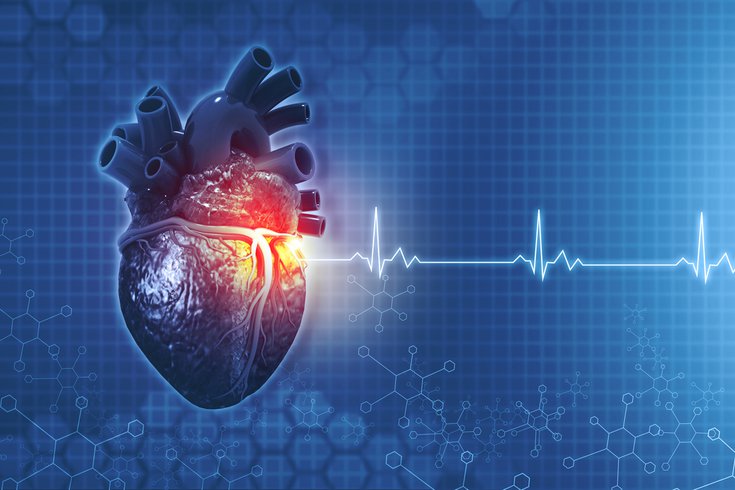
What you need to know about heart rhythm disorders
Cardiac rhythm disorders, also known as cardiac arrhythmias, are due to the improper functioning of the cardiac electrical system that can appear de novo or in the course of the evolution of pre-existing cardiac (ischemic cardiopathy, valvulopathies, myocardial infarction) and non-cardiac (thyroid disorders, lung disorders) diseases. What are heart rhythm disorders? Why do arrhythmias occur?…

